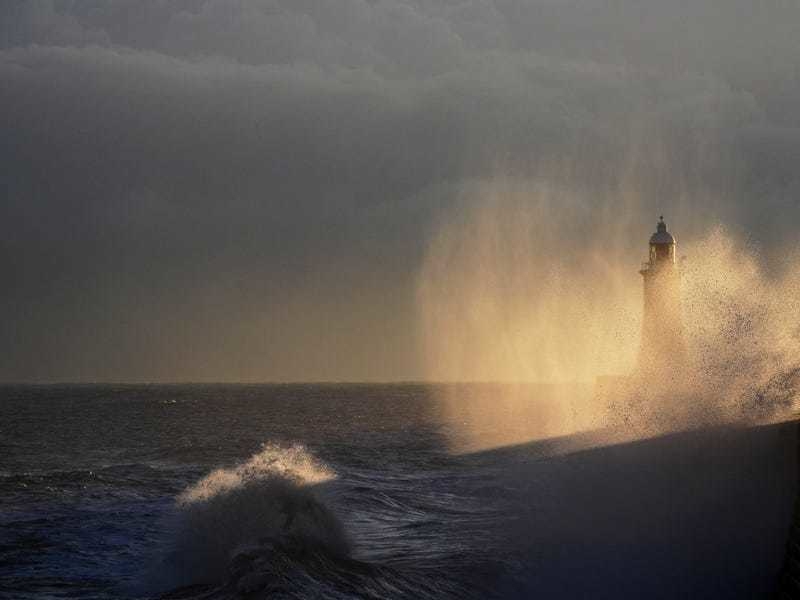A powerful 7.4 magnitude earthquake has struck off the coast of Fukushima in northern Japan, leaving two dead and plunging more than 2 million homes in the Tokyo area into darkness.
The region is part of northern Japan that was devastated by a deadly 9.0 quake and tsunami 11 years ago that also triggered nuclear plant meltdowns, spewing massive radiation that still makes some parts uninhabitable.
The Japan Meteorological Agency later lifted its low risk tsunami advisory issued along the coasts of Fukushima and Miyagi.
The Fire and Disaster Management Agency said two people were killed and 94 others were injured, including four seriously.

Footage also showed furniture and appliances smashed to the floor at apartments in Fukushima. Cosmetics and other merchandise at convenience stores fell from shelves and scattered on the floor.
The Tokyo Electric Power Company Holdings, which operates the Fukushima Daiichi nuclear plant where the cooling systems failed after the 2011 disaster, said workers found no abnormalities at the site, which was in the process of being decommissioned.
Japan’s Nuclear Regulation Authority said a fire alarm went off at the turbine building of No 5 reactors at the Fukushima Daiichi but there was no actual fire.
Water pumps for the spent fuel cooling pool at two of the four reactors at Fukushima Daini briefly stopped, but later resumed operation. Fukushima Daini, which survived the 2011 tsunami, is also set for decommissioning.
Japan’s Air Self-Defence Force said it dispatched fighter jets from the Hyakuri base in Ibaraki prefecture, just south of Fukushima, for information gathering and damage assessment.
More than 2.2 million homes were temporarily without electricity in 14 prefectures, including the Tokyo region, but power was restored at most places by the morning, except for about 37,000 homes in the hardest hit Fukushima and Miyagi prefectures, according to the Tohoku Electric Power Co which services the region.
The quake shook large parts of eastern Japan, including Tokyo, where buildings swayed violently.
East Japan Railway Co said most of its train services were suspended for safety checks. Some local trains later resumed service.
Chief Cabinet Secretary Hirokazu Matsuno said authorities were scrambling to assess damage. “We are doing our utmost in rescue operations and putting people’s lives first,” he said.
He urged residents in the affected areas to use extra caution for possible major aftershocks for about a week.






